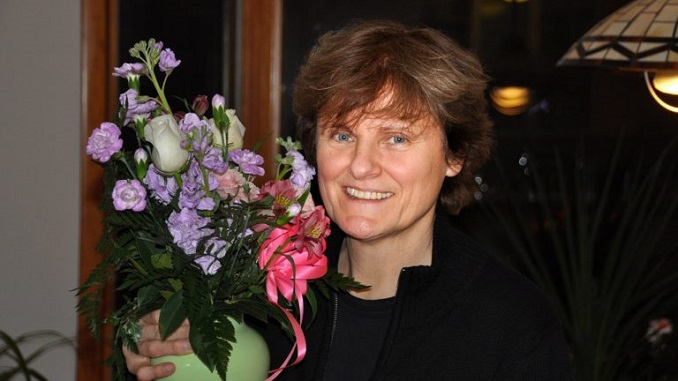Dismissed by many, Dr. Katalin Karikó remained passionate about mRNA therapeutics.
The coronavirus vaccines wouldn’t be possible without advancements developed at the University of Pennsylvania, which has been touting its contribution in news releases and TV ads. But it turns out the school wasn’t very supportive of the scientist who led the charge.
Former Penn researcher Dr. Katalin Karikó’s dedication to the promise of using messenger RNA (mRNA) in medicine paved the way for the vaccines now giving society hope.
As Karikó worked for decades toward adapting mRNA to bring out its therapeutic qualities, her efforts were repeatedly dismissed by the university, she has said. When she was unable to find funding, Penn demoted her, taking her off the track to full professorship.
“Usually, at that point, people just say goodbye and leave because it’s so horrible,” Karikó, known as Kati, told Stat News in November.
The breakthrough finally came in 2005, after Karikó found a colleague whose passion for the topic mirrored hers in Dr. Drew Weissman. Now 65, she’s a VP at a biotech firm. Both she and Weissman, a professor at Penn’s Perelman School of Medicine, were quoted in a recent release from the university.
“I feel humbled, and happy,” says Karikó in the release, referred to as an adjunct professor. “I am more [of] a basic scientist, but I always wanted to do something to help patients.”.
Penn officials declined to comment on their relationship with Karikó, previous or current. “We are unable to discuss specifics about faculty or staff employment matters,” spokesperson Stephen Maccarthy told Billy Penn.
Despite the university’s original attitude toward Karikó’s research, it holds the patent on the tech used in the COVID-19 vaccines.
Credit: billypenn.com





